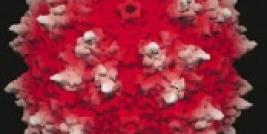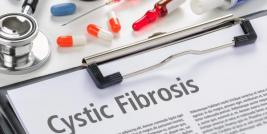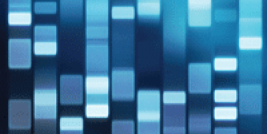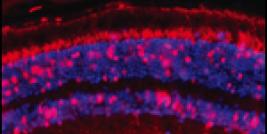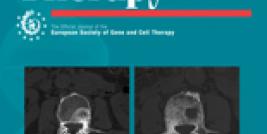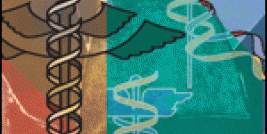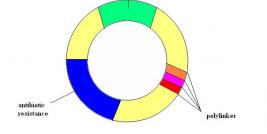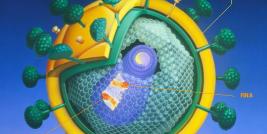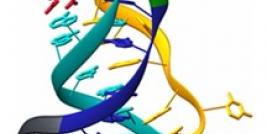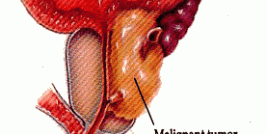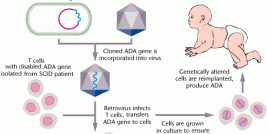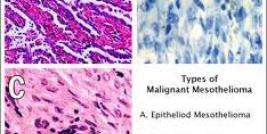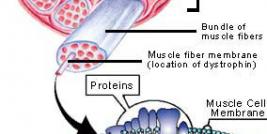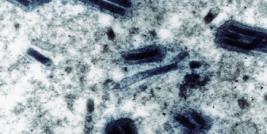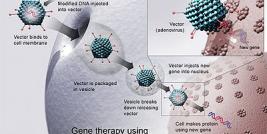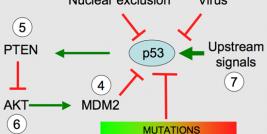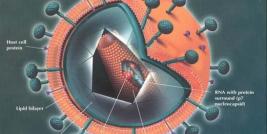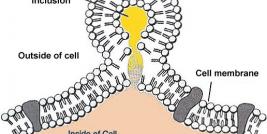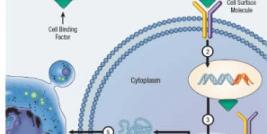
Applied Genetic Technologies Corporation, a biotechnology company conducting human clinical trials of adeno-associated virus (AAV)-based gene therapies for the treatment of rare eye diseases, today announced that the U.S. Food and Drug Administration (FDA) has granted an orphan drug designation for its gene therapy product candidate for the treatment of achromatopsia caused by mutations in the CNGA3 gene. AGTC is developing products for achromatopsia based on mutations in the CNGA3 and CNGB3 genes, which together account for approximately 75 percent of the total achromatopsia patient population. The company previously announced that the European Medicines Agency (EMA) granted orphan designation for the same indication in October.
"Receiving U.S. Orphan Drug designation is another significant milestone as we continue to advance our pipeline of novel gene therapies to treat rare inherited eye disorders," said Sue Washer, President and CEO of AGTC. "Patients with achromatopsia have severely impaired vision from birth. Current treatment options are limited to management of the discomfort of photophobia, or day blindness, but there is no available therapy that provides improvement of visual acuity. Evidence in animal models suggests that our gene therapy candidate, delivered as a one-time injection, has the potential to provide long-lasting vision improvement in patients affected by this condition."
AGTC presented early preclinical findings in a naturally occurring dog model of the CNGB3 form of the disease, and previously received orphan drug designation from the FDA and the EMA for its investigational gene therapy product for the treatment of an additional variant of achromatopsia caused by mutations in the CNGB3 gene. More recent studies conducted by AGTC's collaborators showed that in sheep affected by achromatopsia caused by mutations in the CNGA3 gene, delivery of an AAV vector carrying a normal copy of CNGA3 restored vision, as measured by the ability to navigate an obstacle maze.
Orphan drug designation, covered by the U.S. Orphan Drug Act of 1983, is granted to drugs or biologics that treat a rare disease or condition affecting fewer than 200,000 individuals. Products receiving orphan drug designation are eligible to receive market exclusivity for a period of seven years, an accelerated regulatory review process, an exemption from certain taxes and user fees and additional clinical support from FDA.
About Achromatopsia
Achromatopsia is an inherited retinal disease, which is present from birth and is characterized by the lack of cone photoreceptor function. The condition results in markedly reduced visual acuity, extreme light sensitivity causing day blindness, and complete loss of color discrimination. Best-corrected visual acuity in persons affected by achromatopsia, even under subdued light conditions, is usually about 20/200, a level at which people are considered legally blind. The incidence rate for achromatopsia is approximately one in 30,000 people, and it is estimated that there are approximately 10,000 people in the United States and 17,000 people in Europe with achromatopsia.
About AGTC
AGTC is a clinical-stage biotechnology company that uses its proprietary gene therapy platform to develop products designed to transform the lives of patients with severe diseases in ophthalmology. AGTC's lead product candidates focus on inherited orphan diseases of the eye, caused by mutations in single genes that significantly affect visual function and currently lack effective medical treatments.
AGTC has a robust product pipeline, including five named ophthalmology development programs across four targets (XLRS, XLRP, achromatopsia and wet age-related macular degeneration), one non-ophthalmology program (alpha-1 antitrypsin deficiency) and proof-of-concept data in multiple additional indications. The Company employs a highly targeted approach to selecting and designing its product candidates, choosing to develop therapies for indications having high unmet medical need, clinical feasibility and commercial potential. AGTC has a significant intellectual property portfolio and expertise in the design of gene therapy products including capsids, promoters and expression cassettes, as well as expertise in the formulation and physical delivery of gene therapy products.

